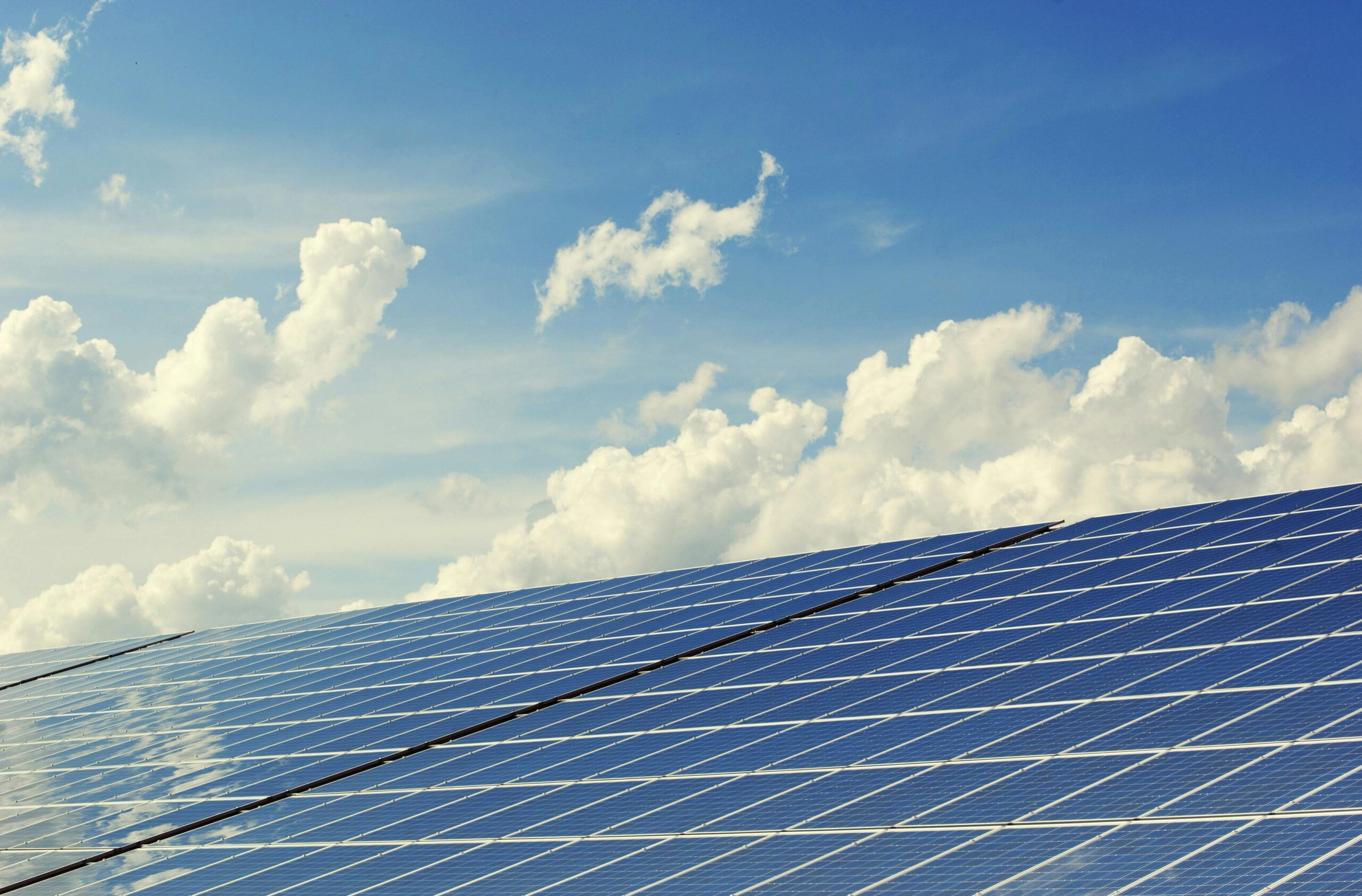
Miami, with its tropical climate and frequent hurricanes, presents unique challenges and opportunities for solar panel installations. Understanding and adhering to local construction codes is crucial to ensure the safety, efficiency, and compliance of these systems. This article will delve into the intricacies of Miami’s construction codes for solar panels, providing valuable insights for homeowners and businesses considering this sustainable energy option.
Understanding Miami’s Construction Codes:
The Florida Building Code (FBC) serves as the primary governing document for construction activities in the state, including Miami. Within the FBC, specific sections address solar panel installations, outlining requirements for wind load resistance, electrical safety, fire protection, and permitting.
- Wind Load and Hurricane Resistance: Given Miami’s vulnerability to hurricanes, solar panel systems must be designed and installed to withstand high winds and potential debris impact. The FBC specifies minimum wind load requirements for various roof types and geographic locations. Adherence to these standards ensures the structural integrity of the solar panel system during severe weather events.
- Electrical Safety Standards: Electrical safety is paramount for any solar panel installation. The FBC mandates compliance with the National Electrical Code (NEC), which outlines guidelines for wiring, grounding, and interconnection of solar panels to the electrical grid. Proper electrical installation prevents hazards such as electrical fires and ensures the safe operation of the system.
- Fire Safety Regulations: Solar panels themselves are generally considered non-combustible, but their installation and interconnection can pose fire risks if not handled correctly. The FBC addresses fire safety concerns by specifying requirements for clearances between solar panels and combustible materials, as well as guidelines for fire protection systems in areas with high solar panel concentrations.
- Permitting Requirements: Obtaining necessary permits is a crucial step in the solar panel installation process. The FBC outlines the documentation and information required for permit applications. These typically include building plans, electrical calculations, and structural engineering evaluations. Compliance with permitting regulations ensures that the installation meets local standards and avoids legal issues.
Navigating the Permitting Process:
The permitting process for solar panel installations in Miami can vary depending on the specific project and local jurisdiction. However, the general steps involved typically include:
- Application Submission: Submitting a completed permit application to the local building department.
- Plan Review: The building department reviews the submitted plans and documentation to ensure compliance with construction codes.
- Inspections: Scheduled inspections may be required during various stages of the installation process, such as foundation preparation, electrical wiring, and final system inspection.
- Permit Issuance: Upon successful completion of inspections and verification of compliance, the building department will issue the necessary permits.
It is advisable to consult with a licensed solar contractor or engineer to navigate the permitting process efficiently and avoid delays.
Best Practices for Solar Panel Installation:
Choosing the right solar panel system for Miami’s climate is essential for optimal performance and longevity. Factors to consider include the size and orientation of the roof, shading, and the specific energy needs of the property.
Proper installation techniques are crucial for ensuring the safety and efficiency of a solar panel system. Qualified solar installers should adhere to industry standards and manufacturer guidelines to ensure secure mounting, proper wiring, and effective system integration.
- Roof Types and Shading: Different roof types have varying suitability for solar panel installations. Flat roofs often provide more flexibility in terms of system design and installation. However, even sloped roofs can accommodate solar panels with the right mounting systems. Shading can significantly impact the energy output of a solar panel system. It is important to minimize shading from trees, buildings, or other obstructions.
- Orientation: The optimal orientation for solar panels in Miami is generally south-facing, as this maximizes sunlight exposure throughout the year. However, other orientations can still be effective, especially if the system is designed to capture sunlight during peak hours.
- Maintenance and Upkeep: Regular maintenance is essential for the long-term performance and reliability of a solar panel system. This includes cleaning the panels to remove dirt and debris, inspecting for damage, and monitoring the system’s output.
Benefits of Solar Panels in Miami:
Investing in solar panels offers numerous benefits for homeowners and businesses in Miami:
Economic Advantages:
- Energy Independence: Solar panels can reduce reliance on the grid, providing greater energy independence and potentially lowering energy costs.
- Tax Incentives: Miami may offer various tax incentives or rebates for solar panel installations, helping offset the initial investment.
Environmental Benefits:
Reduced Carbon Footprint: Solar energy is a clean and renewable source of electricity, helping to reduce greenhouse gas emissions and combat climate change.
Resilience Benefits:
Protection Against Power Outages: Solar panels can provide backup power during grid outages, ensuring essential services continue to operate.
Conclusion:
Miami’s unique climate and construction codes present opportunities for homeowners and businesses to harness the power of the sun. By understanding and complying with local regulations, individuals can safely and effectively install solar panel systems that provide both environmental and economic benefits.
With careful planning, proper installation, and ongoing maintenance, solar energy can be a valuable addition to Miami’s sustainable future.

